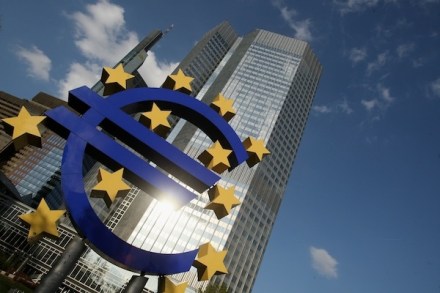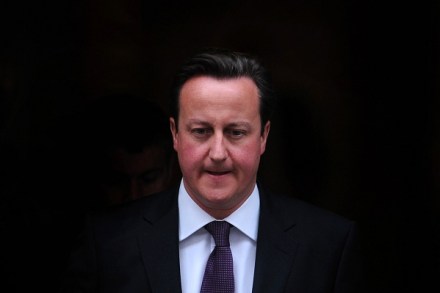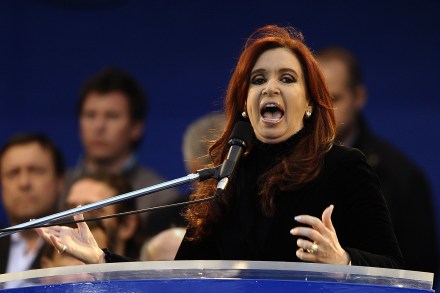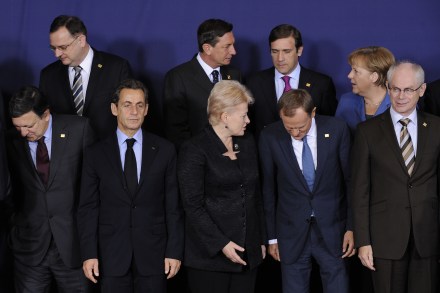The pain in Spain | 15 June 2012
Something’s amiss when a nice glass of Rioja in the middle of Madrid costs just €1.90. As Spain’s credit rating approached ‘junk’ status yesterday the country recorded a dramatic decline in house prices for the first quarter. The scale and impact of the problem is everywhere visible on the city’s streets. A rising homeless population crowds the main arteries of the capital from Atocha Station to the Gran Via, searching restaurants and plazas for the elusive euro. For anyone but the tourist, the price of sustenance is felt to be high. The Englishman (the Spanish generally refer to anyone from the UK as such, though the tourist with sunburn




















